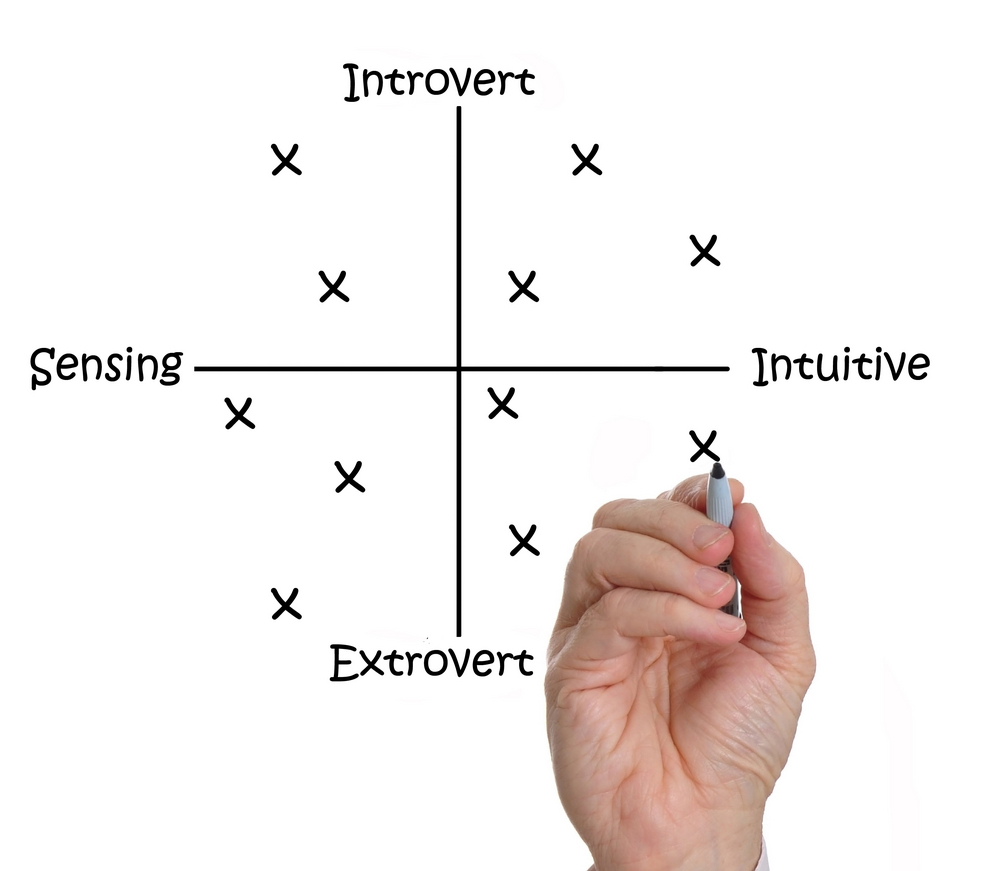The term ‘psychometric tests’ has made its way into a lot of workplace HR literature. More often than not, it is greeted with some amount of apprehension and confusion as the employees subject to these ‘tests’ fret about fantastical results that the tests may indicate.
Busting these myths, psychometric tests are nothing but a valuable tool to better understand human behaviour and thinking. For companies, personality psychometric tests help understand employee motivators, personality types, cognitive abilities, aptitude, and a lot more. While many of the early tests conducted during recruitment are often left unused after the selection process, these actually can be useful even during employee lifecycles to tweak their career paths (see our previous blog on incentivizing career journeys).
Some of the most commonly used workplace psychometric tests are the Myers Briggs Type Indicator (MBTI), The Caliper Profile, Hogan Personality Inventory, Revised Neo Personality Inventory, and Keirsey Temperament Sorter, among others. Findings from these tests reflect various indicators of personality. When stitched together, they provide an insightful picture of the individual that companies can then use to:
- Personalize communication. Communication is key for productive and collaborative workplaces. Psychometric tests offer valuable insights about the different communication styles of employees in an organization. Understanding this allows leaders to explore different ways of communication for maximum collaboration and minimum misunderstanding.
- Make motivation meaningful. Clearly, a one-size-fits-all approach doesn’t work always to motivate individuals, partly because personalities vary. For instance, employees from vulnerable backgrounds may like incentives like bonuses, job security, and training. Whereas employees with an early and easy career start may find non-monetary incentives such as a new challenge, a different location, a more impactful role, etc., more rewarding. Such information can be easily gleaned from personality tests, so both the employee and the manager can align expectations for growth.
- Make training effective. Re-skilling and up-skilling are popular asks within companies today. Psychometric tests help managers chart successful training programs in terms of content as well as delivery. They can reveal areas for growth, how people learn best, how they apply their learnings, and more, allowing training to be imparted in the most effective manner.
Here are some examples of companies that use psychometric tests for holistic talent management.
- Performance. Modern Foods, a leading food company, uses psychometric evaluation tools in its hiring strategy and to identify high-performing employees to constitute the leadership team for its global expansion programs.
- Up-skilling. Telkom, an Indonesian ICT provider, issued digital readiness assessments to its employees to identify their digital potential and proficiency to better prepare for digital transformation and organizational change management.
- Job satisfaction. SirsiDynix, a leading provider of library technology solutions, used results from psychometric testing to transform its annual review process with quarterly “aspirational career development” sessions.
Understanding what guides specific personality types can help businesses, managers, and even employees be enlightened on what motivates them, what reward systems work and what don’t, and how to better manage people and talent.









Psychometric tests are becoming more popular nowadays. Online proctoring companies are more interested in the psychometric analysis of the candidates to know whether they are cheating in the exams or not.
Along with prohibiting Control+C and Control+V, keyboard analysis, and continuous monitoring of the candidates through video, psychometric analysis is an added advantage to monitoring the candidates during exam time.